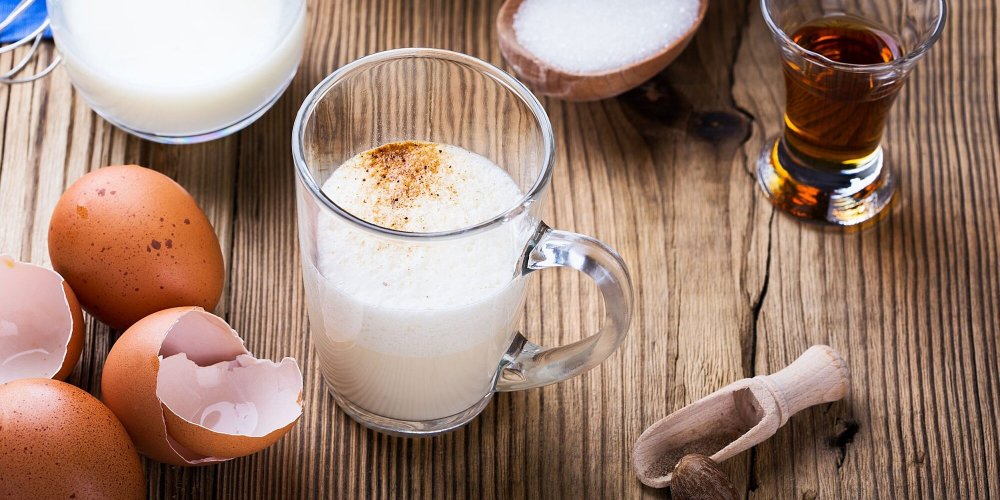Other Pages
- Opinion Poll
- About Us
- Send Your Story
- Contact Us
- Newsletter
- Privacy Policy
- Terms and Conditions

The cost of living in Nigeria has been persistently on the increase as the closely watched food index increased by as much as 21.03% year-on-year in July 2021.
Data from the Nigerian Bureau of Statistics (NBS) showed that food inflation was driven largely by increases recorded in the prices of milk, cheese and eggs, coffee, tea and cocoa, vegetables, bread and cereals, soft drinks as well as meat.
Earlier this year, Allnews reported that the price of coffee might soon go up in Nigeria following global price increases in the commodity. After a survey, it was discovered that a 50g container of “Nescafe classic” has increased by 40% to sell for N700 compared to N500 recorded a year ago.
Allnews also discovered that a 400g tin of Loya milk that was sold for an average of N1,000 in July 2020 has surged 50 percent to an average of N1,500.
A cursory look at the historic data from the NBS reveals the food composite index has surged by 34.5% since the closure of the land borders in October 2019, also a 29.2% increase from the first outbreak of the covid-19 pandemic in February 2020.
Similarly, the price of a crate of eggs, which sold for an average of N970 as of July 2020, is now sold for an average of N1,600, representing an increase of 64.9% year-on-year. The increase in the price of eggs has been attributed to the general increase in the price of chicken feeds, as a result of a significant hike in the price of maize and soya, which are major ingredients in the production of chicken feeds.
In the same vein, the price of bread also increased, due to the spike in the price of flour and vegetable oil. Notably, the price of a 50kg bag of flour surged from an average of N11,000 to N15,000 within the space of 1 year, while a 25kg gallon of vegetable currently sells for an average of N25,000 compared to N13,500 recorded in the corresponding period of 2020.
Allnews reported recently that contrary to Nigeria's steady inflation, global food prices have been easing in prices in the past few months.
Despite reports by the NBS that the headline inflation rate has been on a decline for the past four months, there are obviously bottlenecks within the system that are keeping prices of commodities on the rise including insecurity and a struggling macro-economic space.
0 Comment(s)